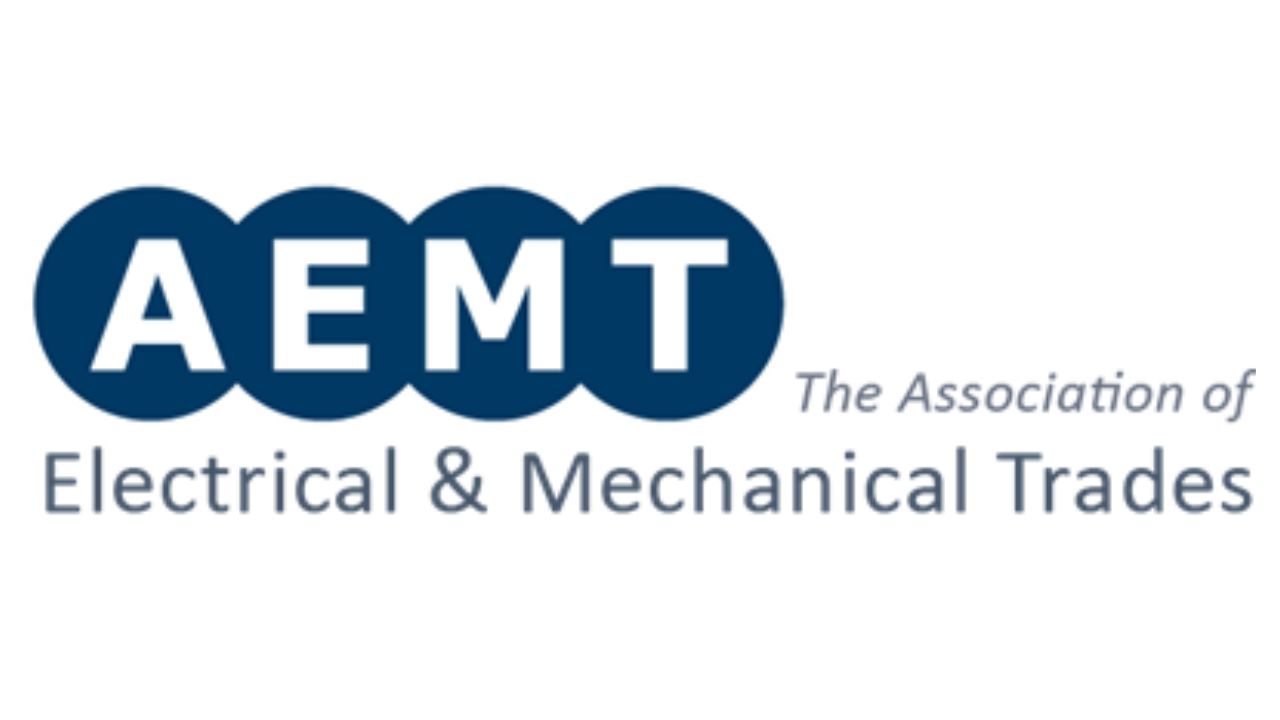This comprehensive new six-page guide outlines a range of steps that users of motor-driven systems can take to minimise the likelihood of unscheduled interruptions to the operation of their systems.
The AEMT’s new guide covers five key areas. The first is installation, which highlights key factors to consider when setting up and implementing a new motor-driven system, all of which can ensure it starts with a sound foundation. Ongoing routine maintenance is also featured, with suggestions around key steps to take in the short, medium, and long term. The availability of spares and how they are stored, to enable a system to be promptly and reliably recommissioned when needed, is also addressed. While how motor repairs are carried out and their impact on the ongoing reliability of a motor-driven system, is also outlined. The final area covered in the guide is condition monitoring. This section explores the areas which can be monitored and busts a few myths surrounding the topic.
Commenting on the publication of the new guide, Thomas Marks, the AEMT’s Secretary and General Manager, said: Our members are experts in getting to the route of issues within electromechanical systems and repairing them quickly to the highest standards. However, a lot of the failures they see could have been avoided. This new guide has been produced to give users of motor-driven systems an outline of best practices they can implement to reduce the risks of financial and reputational damage being caused by unplanned downtime.
The guide is part of a series produced by the AEMT, which also includes a guide to motor efficiency legislation and one which looks at ways to reduce a motor-driven system’s total cost of ownership.
Source: The Association of Electrical and Mechanical Trades (AEMT)



